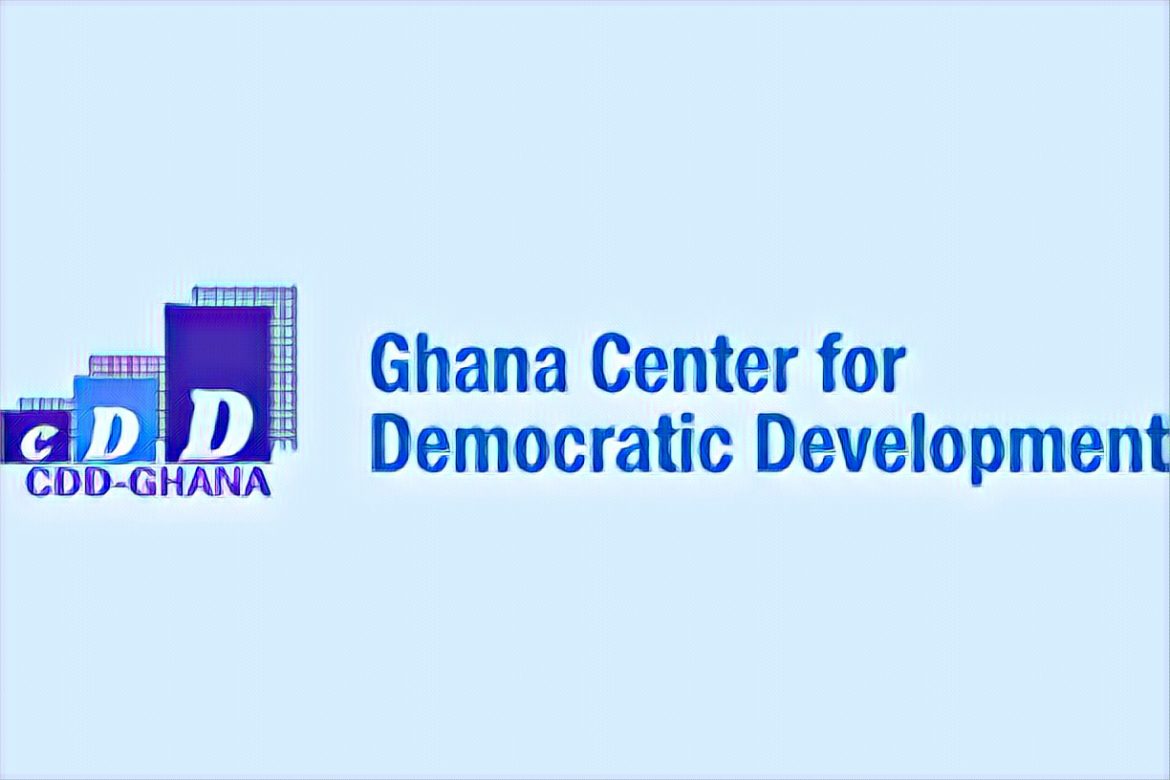A study by the Ghana Centre for Democratic Development (CDD-Ghana) has recommended an increase in the number of legal entry points to mitigate cross-border criminal activities. The research presented in Accra points to the necessity for the Ministry of the Interior to spearhead a comprehensive review of the Immigration Act, 2000 (Act 573), which would include creating more approved entry routes.
The findings from CDD-Ghana indicated that Ghana has 48 sanctioned passages, and expanding this number could significantly deter crimes such as violent extremism, human and child trafficking, and smuggling of small arms and goods, including fertilizer. Furthermore, the enhanced border control is projected to boost national revenues through increased tax collections.
During an experience-sharing and policy uptake meeting, Paul Nana Kwabena Aborampah Mensah, the program manager and team lead for Local and Urban Governance at CDD-Ghana, disseminated the survey results. According to a report by Graphic Online, the event sought to augment stakeholder collaboration in border management and diminish cross-border crimes.
The session welcomed civil society organizations, National Security, and the Ghana Immigration Service (GIS), underlining the broad engagement in tackling these issues. The survey, conducted in collaboration with GIS and financially backed by the European Union and the International Centre for Migration Policy Development, categorized border crimes by occurrence rates, with smuggling and irregular migration topping the list.
Mr. Mensah described Ghana’s borders as strained by insufficient personnel and logistics, the rise of violent extremism, and various transitional criminal activities. “We must develop resilient mechanisms to withstand these shocks,” he stated, emphasizing the urgency of the situation.
The roundtable discussion, steered by Dr. Kojo Asante, CDD-Ghana’s Director of Programmes and Policy Engagement, covered critical issues, including the proposed amendments to the Immigration Act and enhancing the capacity of border officials. It also touched on the need for greater community awareness and the establishment of shelters for rescued child trafficking victims.
Julia Socea, project manager for border security enhancement in Ghana, remarked on the meeting’s importance in the concerted effort to bolster the country’s migration management and influence the shaping of migration policies for the betterment of the citizenry.





1 comment
Giao diện 188V có nút “Quay lại nhanh” – sau khi thắng, bạn có thể quay lại game vừa chơi chỉ trong 1 giây, không cần duyệt lại menu. TONY01-29H